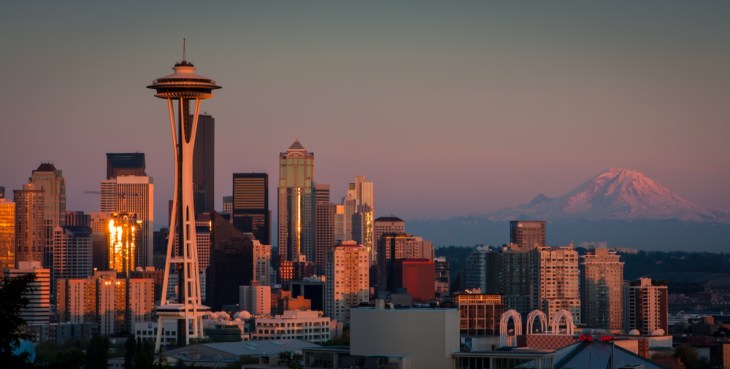Seattle will move forward with plans to restrict how many units its residents can list on short-term rental platforms like Airbnb and VRBO.
Keeping things a little more lax than cities that have adopted a one-host, one-home policy, Seattle’s proposal would allow each short-term rental host to list their own place of residence coupled with one extra housing unit.
The city has issued a revised set of short-term rental regulations that aim to strike a balance between keeping long-term renters and short-term hosts happy. In Seattle as in many cities, short-term rental services have faced some blame for a deficit in affordable housing for residents and restricted real estate inventory across the board.
Under the proposal, hosts renting a primary residence will need to obtain a Short Term Rental Operator’s license from the city in addition to a business license. To limit large-scale commercial operations that take housing units off the normal market, hosts will be restricted to one rental property beyond their own primary residence.
The special licensing will only be issued after hosts obtain proof that a listing is either their primary or secondary residence. The license number can then be tracked and cross-referenced across short-term rental databases to prevent the kind of easy workarounds that other cities struggle to prevent.
As GeekWire reports, Seattle’s regulation proposals have evolved since mid-2016 when the city announced it would crack down on homeowners renting a second unit, restricting them to only 90 listed days per year. The plan included a controversial loophole for anyone who had obtained proper licensing before the rules were proposed.
In a statement to TechCrunch, Laura Spanjian, Airbnb public policy director for the Northwest, struck a cooperative tone:
“Airbnb welcomes the new proposal from the City of Seattle regarding the proposed regulation of short-term rentals. We continue to work closely with the City on developing regulations that will protect Seattle’s long-term housing stock while allowing thousands of responsible Airbnb hosts to share their homes to earn meaningful supplemental income to help make ends meet.”
For now, there don’t appear to be any new details on how Seattle will enforce its proposal and punish those who violate it, something cities like Denver and Portland have struggled with after rolling out their own regulations.
